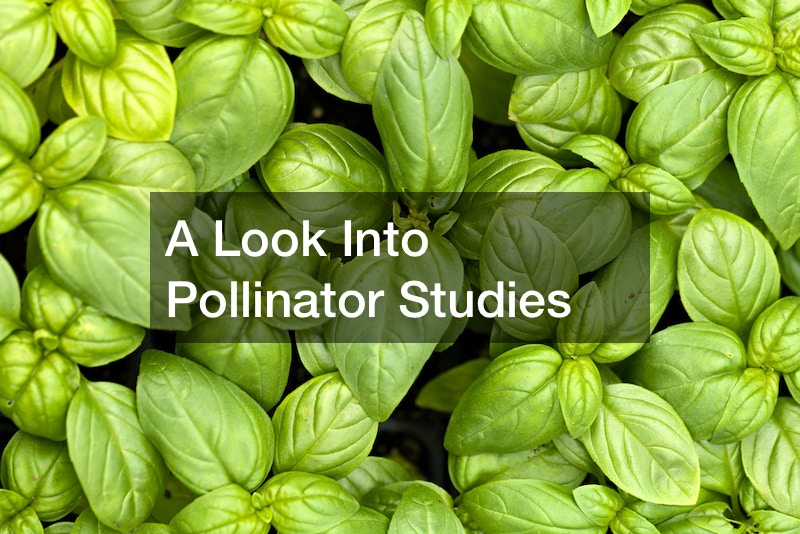Pollinator studies are vital in understanding the complicated relationships between plants and their pollinators. These studies delve into the fascinating world of how pollinators, such as bees, butterflies, and birds, contribute to the reproduction of flowering plants. Researchers in this field investigate various aspects, including plant metabolism testing services, soil absorption tests, and the impact of pesticides and endocrine disruptors on pollinators.
One essential focus of pollinator studies is examining plant metabolism testing services. Scientists aim to decipher how plants produce nectar, pollen, and floral scents that attract pollinators. By understanding the metabolic processes involved, researchers can develop strategies to enhance plant-pollinator interactions.
Besides plant metabolism testing, soil absorption tests are conducted to explore how soil quality affects pollinator populations. These tests provide insights into the availability of nutrients and water, influencing the types and abundance of flowering plants that support pollinators. Soil transformation studies are also part of the research.
Furthermore, pollination studies address the detrimental effects of pesticides and endocrine disruptors on pollinators. These chemicals can disrupt the natural behavior and reproductive capabilities of pollinators, posing significant threats to biodiversity and food security.
In conclusion, pollination studies are a critical field of research that helps us unravel the intricate connections between plants and their pollinators. Through plant metabolism testing services, soil absorption tests, and investigations into the effects of pesticides and also endocrine disruptors, researchers are working diligently to safeguard pollinators and maintain the delicate balance of our ecosystems.
.
